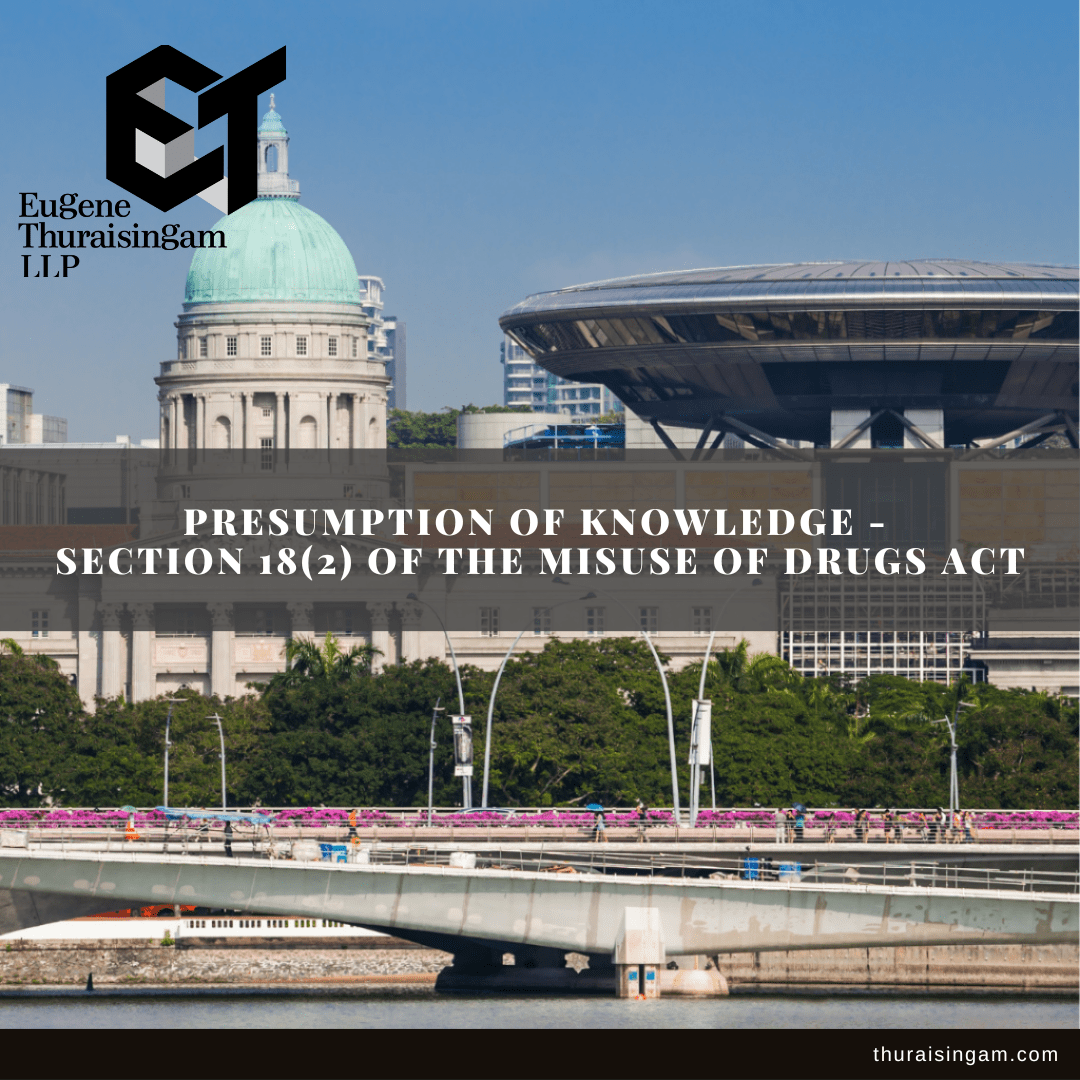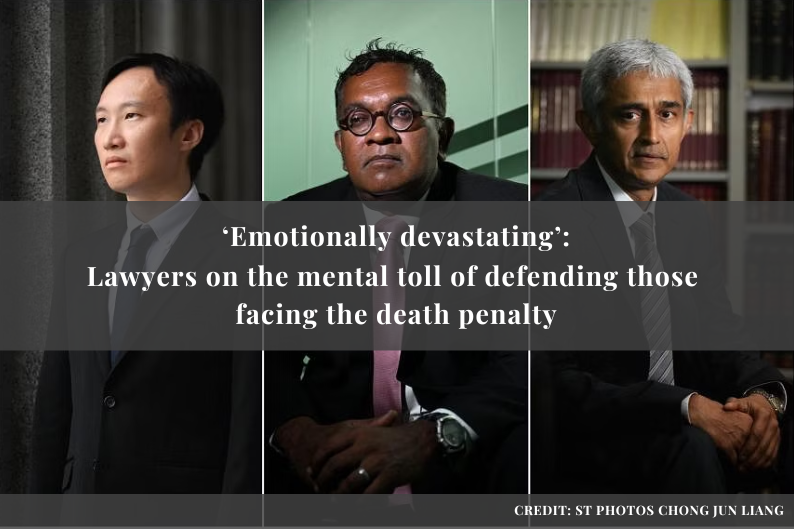Presumption of Knowledge – section 18(2) of the Misuse of Drugs Act
Raj Kumar s/o Aiyachami v PP & Anor [2022] SGCA 45
1. Introduction
We are pleased to announce that our client, Mr Ramadass Punnusammy (“Ramadass”), who was represented by our Mr Eugene Thuraisingam and Mr Johannes Hadi, has been acquitted by the Honourable Court of Appeal. Ramadass’ appeal turned on the accuracy and the reliability of his statements. As the Court of Appeal observed,
Where the case against an accused person turns on the specific words that are reflected in a statement, as is the case here, it is critically important that the court be satisfied as to the accuracy of the statement.
The Appeal was heard by the Honourable the Chief Justice Sundaresh Menon, Justice of the Court of Appeal Andrew Phang, and Justice of the Appellate Division Belinda Ang.
In June 2020, Ramadass and his co-accused Raj Kumar (“Raj”) were each convicted of a capital charge of trafficking in cannabis in the High Court. Ramadass was sentenced to life imprisonment and 15 strokes of the cane. Raj was sentenced to the death penalty.
Both Raj and Ramadass appealed against their respective convictions to the Court of Appeal. In a hearing earlier today (27 May 2022), the Court of Appeal acquitted both men.
2. Background
Ramadass’ conviction in the High Court rested upon, amongst other things, the High Court Judge’s finding that Ramadass had actual knowledge that he was delivering cannabis.
This finding of actual knowledge was based primarily on statements that were recorded by an officer. At [122] of its judgment, the Court of Appeal observed that “Where the case against an accused person turns on the specific words that are reflected in a statement, as is the case here, it is critically important that the court be satisfied as to the accuracy of the statement”.
Having assessed the statements, the Court of Appeal found that there was sufficient doubt as to whether the statements accurately recorded and reflected what Ramadass had said. The Court also observed that the sequence in which the statements appear in the field diary was “inexplicable”.
3. Conclusion
In conclusion, the Court found that the High Court Judge erred in relying upon the statements to find that Ramadass had actual knowledge that he was delivering cannabis.
In respect of the Prosecution’s alternative case that Ramadass did not rebut the presumption of knowledge under s 18(2) of the Misuse of Drugs Act 1973, the Court of Appeal held that Ramadass’ assertion that he believed the Drugs to have been chemically-sprayed tobacco was consistent with his statements, and with the objective extrinsic evidence. Thus, the Court of Appeal held that Ramadass had successfully rebutted the presumption of knowledge under s 18(2) of the MDA.
For these reasons, Ramadass’ conviction was set aside, and he was acquitted.
The Court of Appeal’s judgment may be accessed here. The High Court Judge’s grounds of decision may be accessed here.







